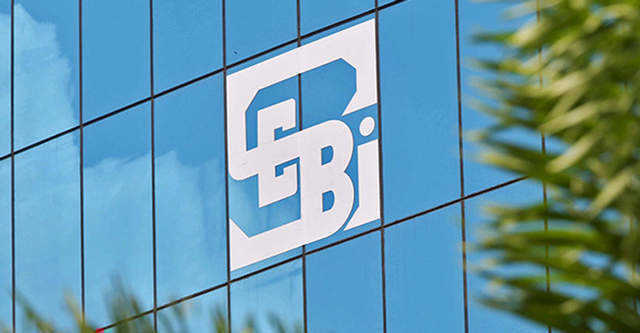
AIFs may now invest up to $1.5 bn in foreign cos: SEBI


The Securities and Exchange Board of India (SEBI) has doubled the amount of money that domestic private equity and venture capital funds can invest in overseas companies, a circular said today.
Earlier, domestic alternative investment funds (AIFs) could invest a total of $750 million in overseas firms.
The latest SEBI notification has bumped it up to $1.5 billion per year for the entire industry.

The move will primarily benefit AIFs investing in companies whose primary business base is in India but are registered overseas, said Gopal Srinivasan, founder and chairman of TVS Capital.
“It is a window for all AIFs I and II for the entire year,” he added.
This will allow greater Indian participation in global companies and accelerate the growth of the Indian AIF industry overall, said Siddharth Pai, co-chair of regulatory affairs committee at IVCA (Indian Private Equity & Venture Capital Association).
Historically, AIFs have been able to invest up to 25% of their corpus overseas but the entire investment for the industry was capped at $500 million in 2015. This was amended to $750 million in 2018.
“The allowance of $750 million would get exhausted over eight to nine months and it would get harder and harder for funds to get approvals for their overseas investments,” he told VCCircle.
The size of the allowance in 2018 was also dwarfed by the rapid growth of the AIF industry which is now sized at around Rs 4.4 lakh crore (about $60 billion) -- versus 1.79 lakh crore ($26 billion) in 2018, Pai added.
“This immediate enhancement should take care of industry needs at least for the next 18-24 months, given the sheer pace of growth of Indian AIFs,” Pai, also co-founder of 3one4 Capital, said.
SEBI has categorised social impact, venture capital and infrastructure funds as Category I AIFs and private equity and private debt funds as Category II AIFs. Category III has hedge funds and public market funds.

Indian AIFs made investments over Rs 42,000 crore ($5.6 billion) from January 2020 to December 2020, according to data published by the markets regulator SEBI.
In that context, this is a generous window, Srinivasan said, referring to the $1.5 billion cap.
This is the latest in a series of amendments the markets regulator has made to rules regarding AIFs.

Earlier this month, it allowed fund of funds to invest directly in companies and let private provident funds invest directly in PE and VC funds.
SEBI has also moved to make listing easier for startups and eased the lock-in period for investors taking a company public, in addition to relaxing the definition of a “promoter” for initial public offerings.
